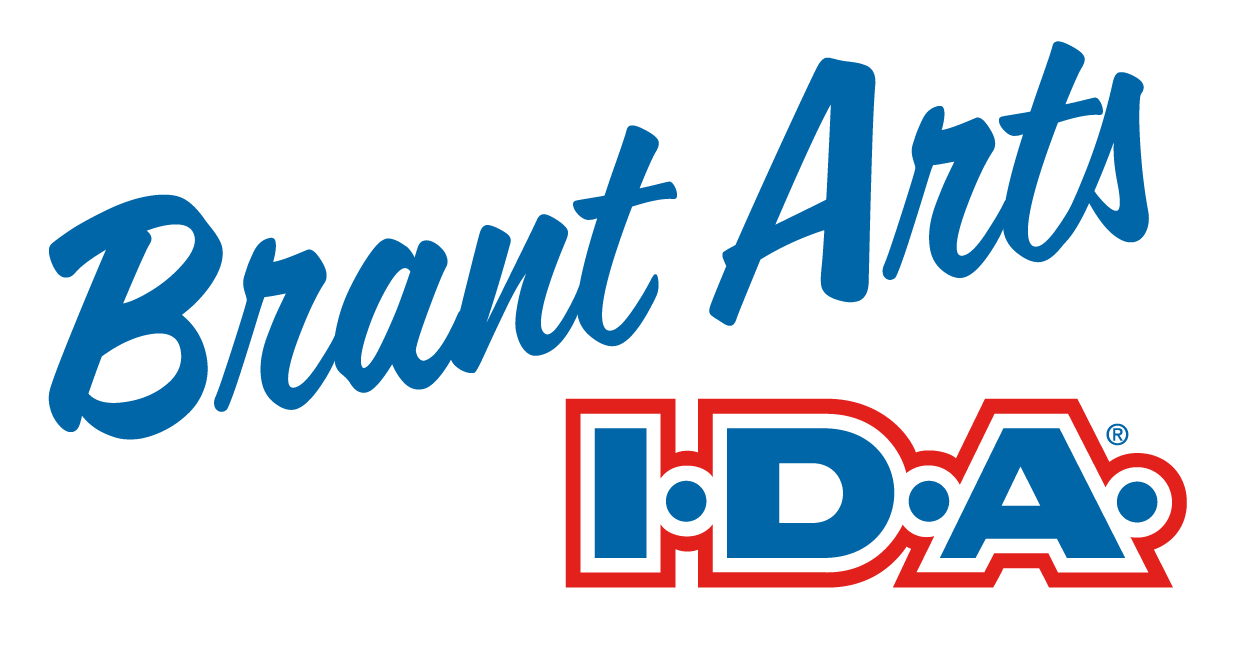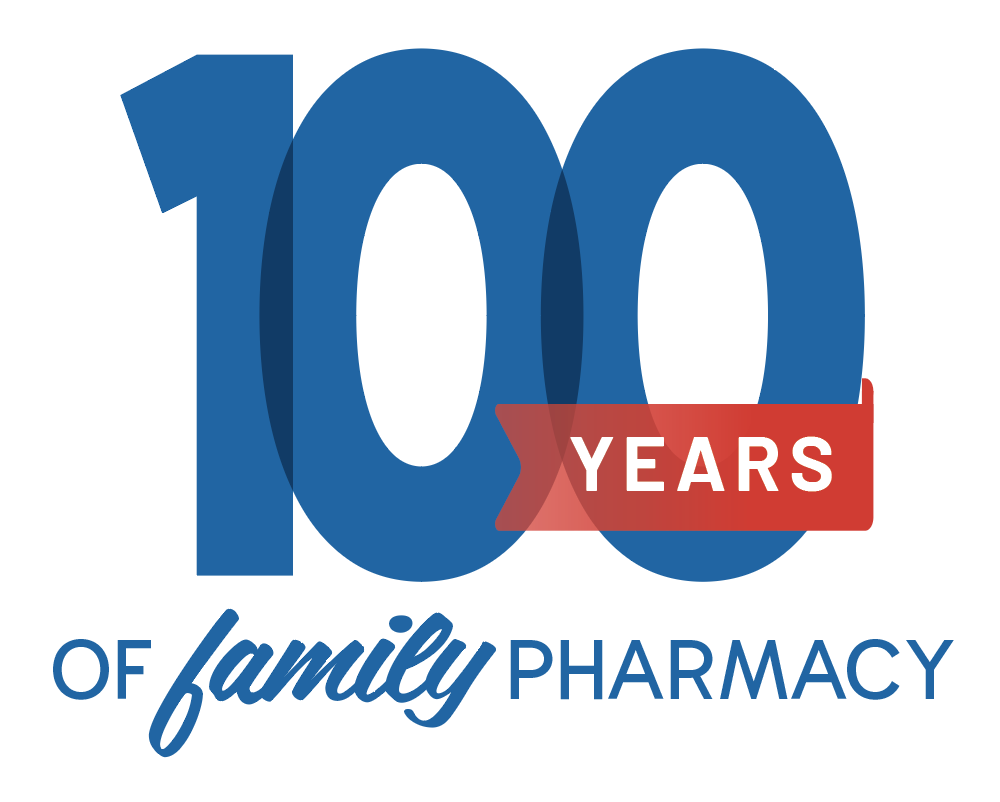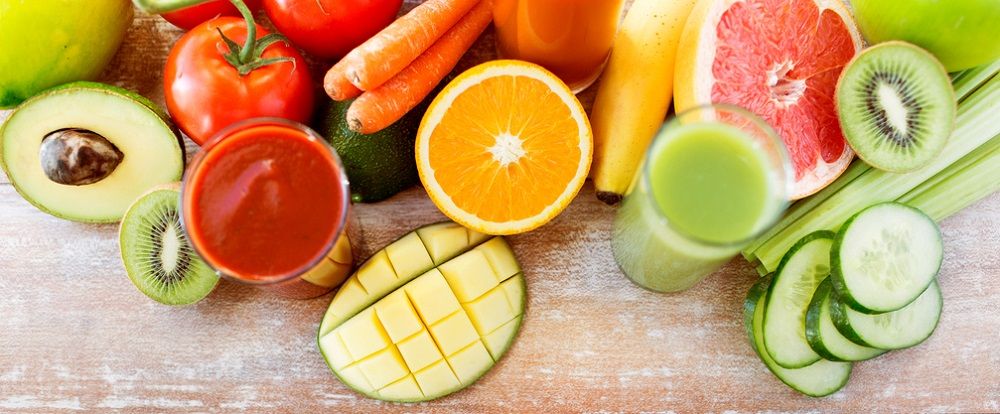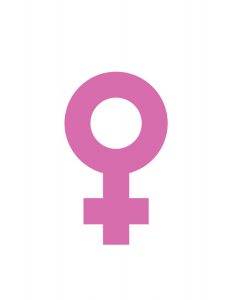Although it’s required in smaller amounts than any other vitamin, B12 still plays a huge role in maintaining your body’s health. B12 is required to create healthy blood cells and assists with the normal functioning of the brain and nervous system. This important vitamin is also needed to create DNA, which is why it’s vital that both pregnant women and nursing mothers consume enough.
Making a conscious effort to get the necessary amount of B12 is important for everyone, but especially so for vegetarians. Research shows that a vegetarian diet makes it extra difficult for people to receive the necessary B12 amount.
How Much Vitamin B12 Do I Need?
The recommended amount of B12 intake varies from country to country. In Canada, the daily intake is 2.4 micrograms for adults, 2.6 micrograms for pregnant women and 2.8 micrograms for lactating women. Infants, children and teenagers have different amounts ranging from 0.4 – 2.4 micrograms daily.
What are the Symptoms of B12 Deficiency?
Symptoms of B12 deficiency normally appear gradually, with fatigue, a sore tongue, nausea, increased anxiety, and constipation being the first symptoms to appear.
Nerve changes such as numbness and tingling, balance and memory problems and depression are symptomatic of long-term and severe B12 deficiency. Besides leading to anemia, a severe B12 deficiency can possibly cause brain and nervous system damage, and pregnancy complications.
In addition, lack of this vitamin is known to boost blood levels of homocysteine, which is an amino acid connected to heart disease and stroke.
Wondering if you’re getting enough Vitamin B12 in your diet? The only way to know for sure is by getting a blood test. This is especially important if you’re a vegetarian!
Where is Vitamin B12 Found?
Other than in some foods fortified with B12 (including some plant milks, some soy products and some breakfast cereals), vitamin B12 is found mainly in animal products (meat, fish, poultry, eggs and milk products) and some types of seaweed.
Many vegan foods are fortified with vitamin B12 (including non-dairy milks, breads, cereals, meat substitutes and some types of nutritional yeast). Be sure to check the label carefully to ensure you are receiving an adequate supply of B12 in your diet.
You should add fortified foods and/or take B12 supplements to meet the recommended daily intake amount if you meet any of the following requirements:
-
- You follow a vegan diet
- You’re over 50 years old (getting older makes it harder to absorb this vitamin)
- You’ve had weight loss surgery or another operation that removed part of your stomach
- You’re a heavy drinker
- You’ve taken acid-reducing medications, such as a PPI, for a long period of time
The Bottom Line
Including the proper amount of vitamin B12 in your diet is crucial to leading a healthy life – especially if you’re a vegetarian.
Have any further questions? If you live in Burlington, ON, see the professional staff at Brant Arts I.D.A.!





